A daring mission, but big boost for Joe Biden is unlikely
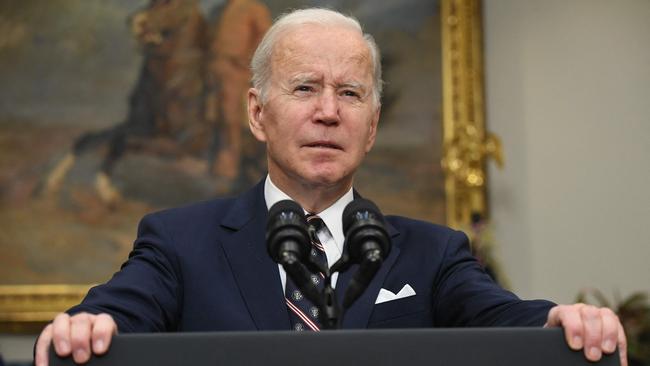
There have been diminishing political returns for the kind of daring mission approved by presidents to kill or capture foreign terrorist leaders. Domestic issues usually count for far more when voters come to assess a president’s performance.
Mr Trump discovered this after the strike that killed the previous leader of Islamic State, Abu Bakr al-Baghdadi, in October 2019.
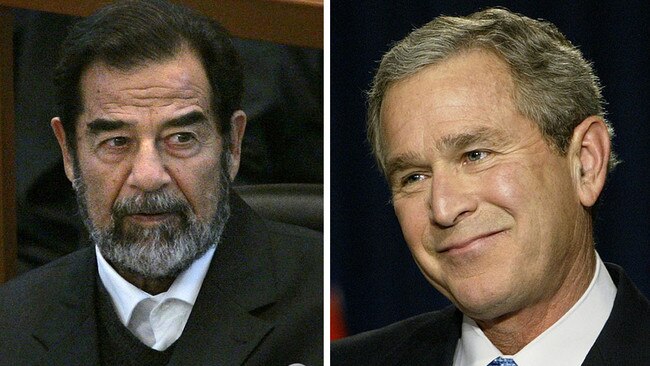
His announcement of the operation was widely criticised for an embellished retelling of Baghdadi’s final moments – “whimpering and crying and screaming” – even though the White House video had no audio.
Despite Mr Trump’s campaign running an advert during the World Series baseball crediting him with “obliterating Isis”, his poll numbers actually fell.
The day before the Baghdadi announcement Mr Trump’s approval stood at 42.8 per cent, according to FiveThirtyEight. Two weeks later it was 41.2 per cent. Analysts attribute this to Americans’ unfamiliarity with Baghdadi compared with bin Laden, who had been hunted for years as the No 1 target behind the 9/11 attacks.
Trump blamed the media at a rally in Mississippi a week afterwards, saying: “That story disappeared so fast, gone. And that’s OK. I didn’t do it for the story. I did it because it was the right thing to do. If I was a Democrat, they’d be talking about it for weeks. With me, they don’t even want to – they actually played it down.”
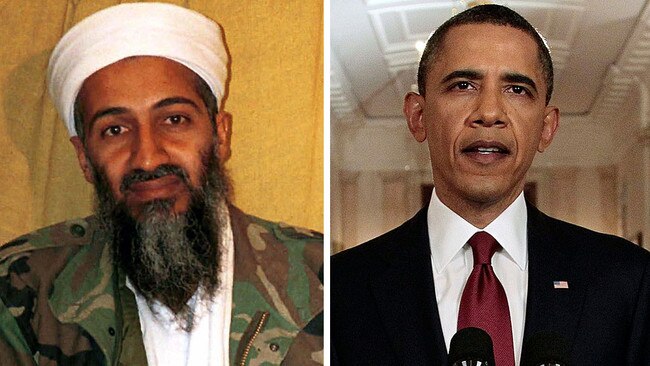
Mr Obama’s bounce for Bin Laden in May 2011, from 46 to 52 per cent on Gallup ratings, had halved in two weeks and had fallen away a month later, although his campaign used the incident as campaign material at the following year’s election, which he won.
Presidents rarely receive enduring plaudits for foreign policy successes, according to James Carafano, a defence policy expert. He pointed to President George HW Bush, who led the US to victory in the first Gulf War in 1990-91 but failed to win a second term, mainly because of the economy. “There was zero carry-over for winning,” Mr Carafano said.
“Rarely do voters reward presidents for their foreign policy successes. That’s their job, to defend us, so you don’t get extra credit for that.”
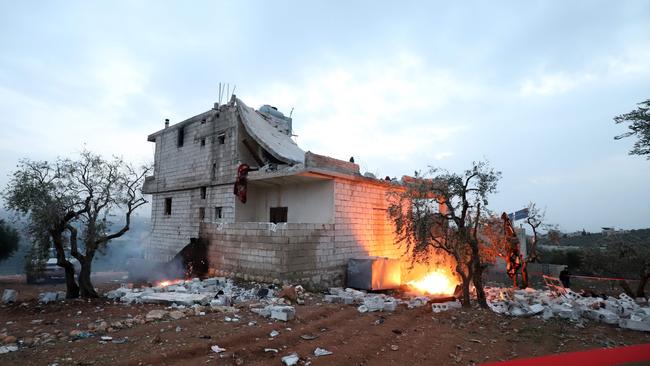
Glen Bolger and Jim Hobart, from the Republican polling company Public Opinion Strategies, wrote after the Bin Laden strike that bad news often brought bigger and more durable bounces for presidents than good news. The most notable example was 9/11, after which the second President Bush received a 35-point increase in approval ratings.
“These events result in a rally-round-the-flag effect that often produces large and sustained bumps,” they wrote. “Positive events, like the first Reagan-Gorbachev summit (in 1985) and the capture of Saddam Hussein (in December 2003), more often produce smaller and/or shorter bumps.”
Biden’s approval stands at 41.7 per cent, according to FiveThirtyEight.
The Times

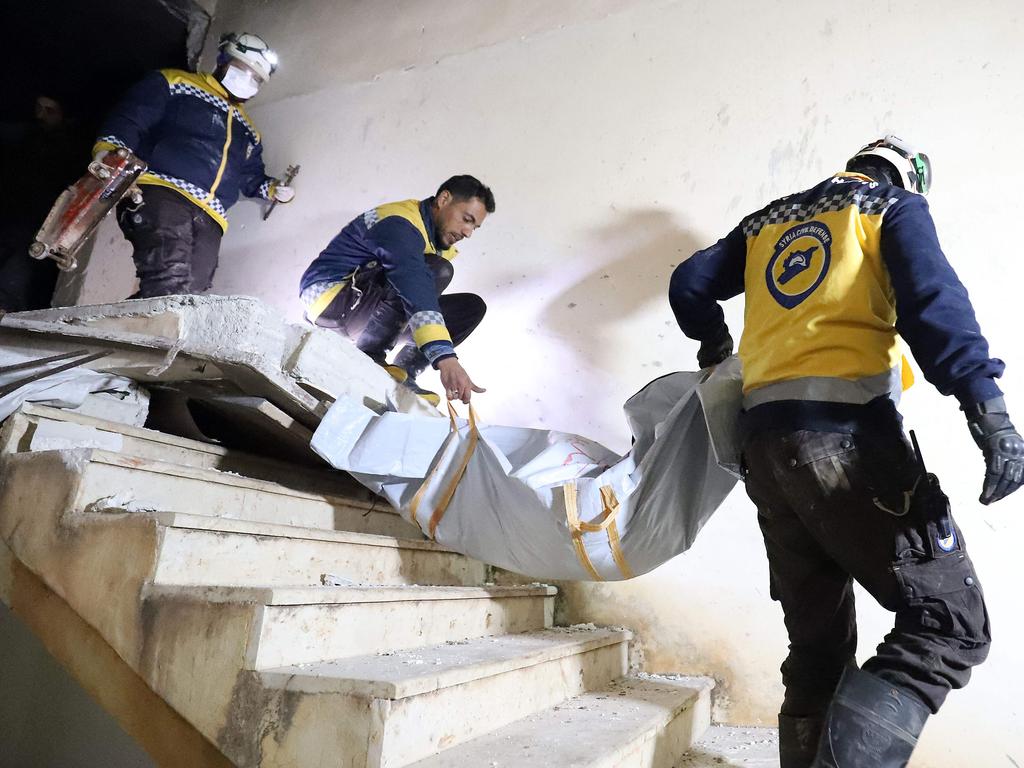
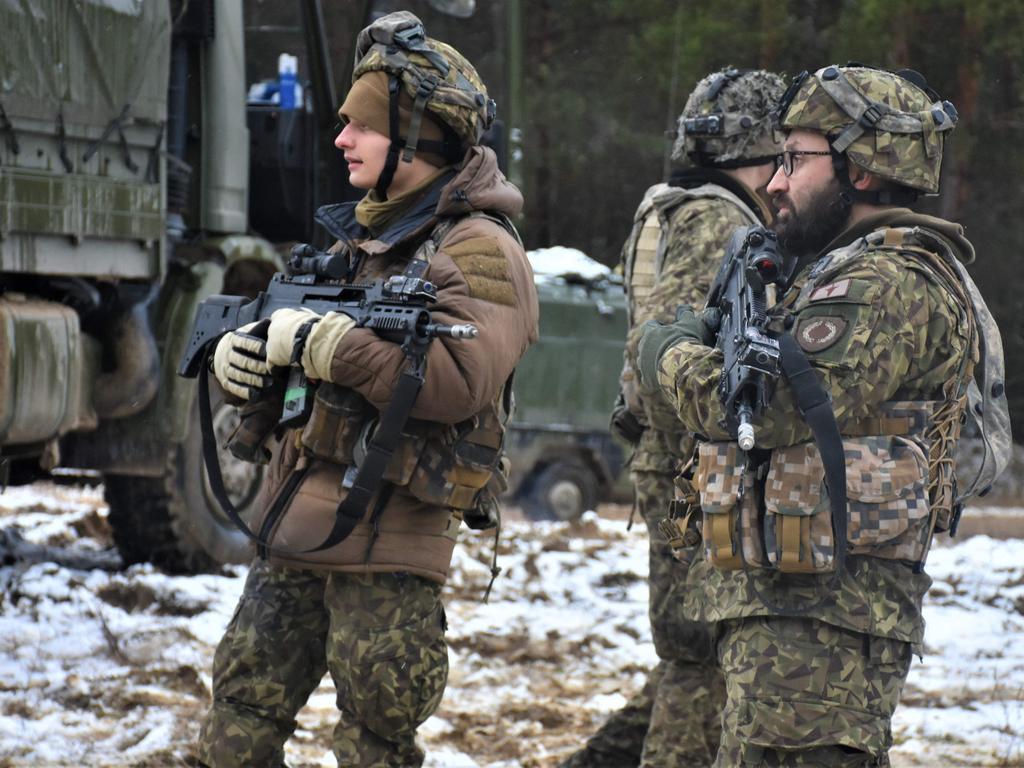
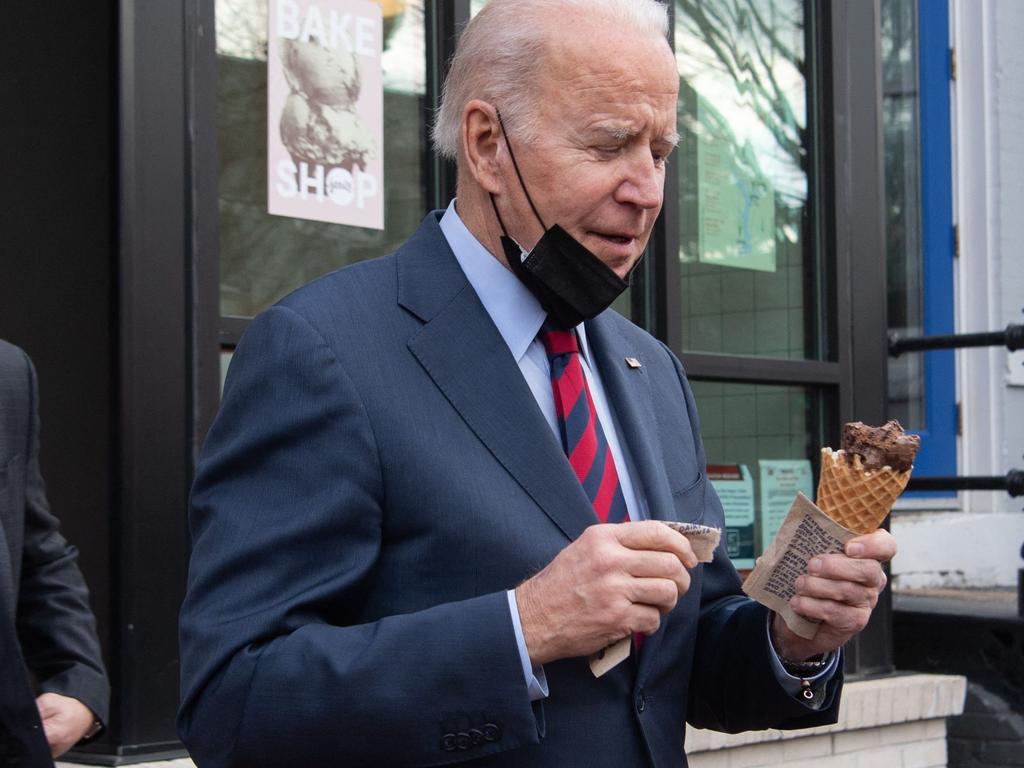



President George W. Bush earned a seven-point boost in approval ratings after the capture of Saddam Hussein and President Barack Obama’s ratings rose by six points after the raid in which Osama bin Laden was killed. Yet President Joe Biden cannot count on the demise of Abu Ibrahim al-Hashimi al-Qurayshi to improve his dismal level of support.